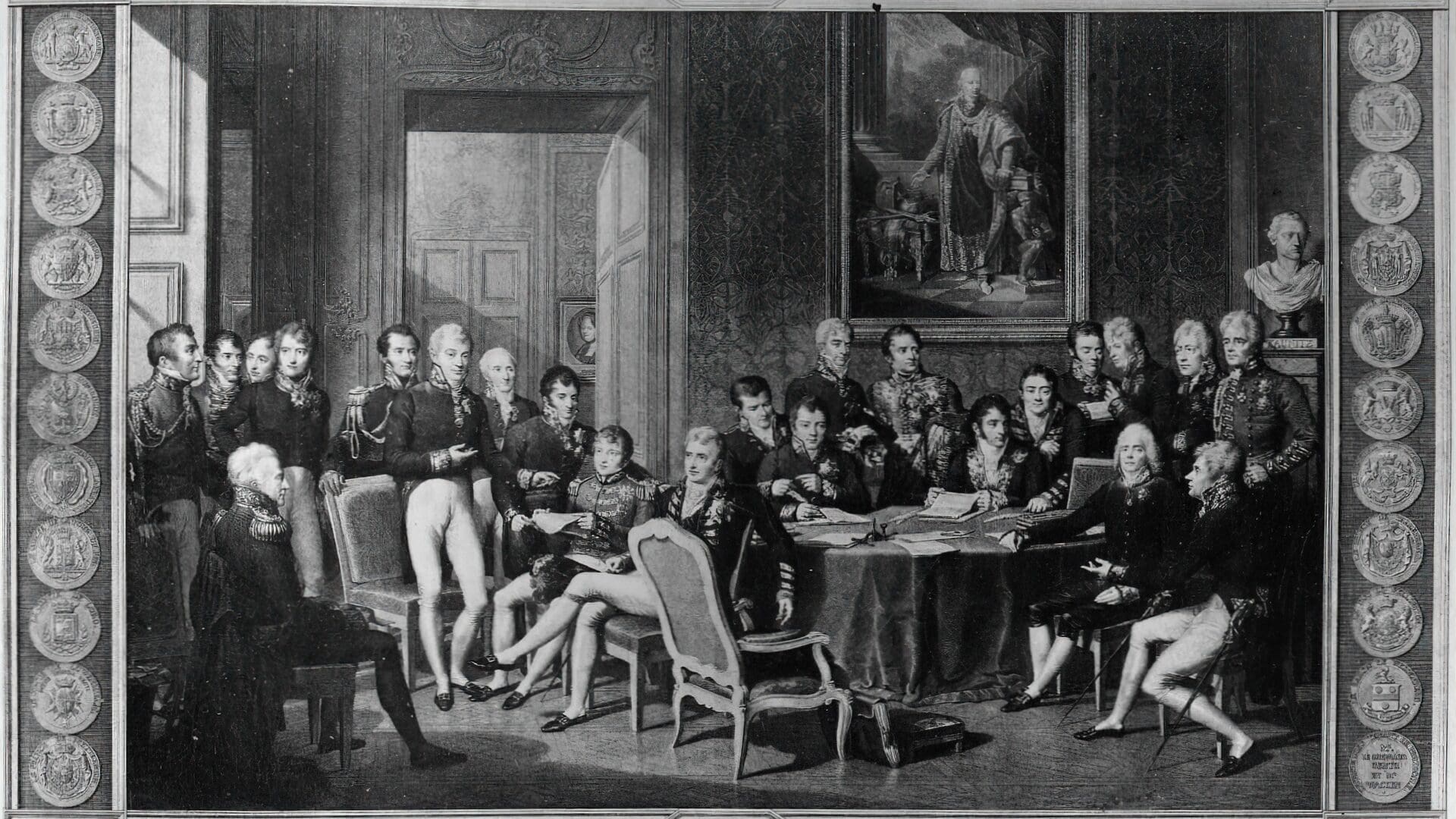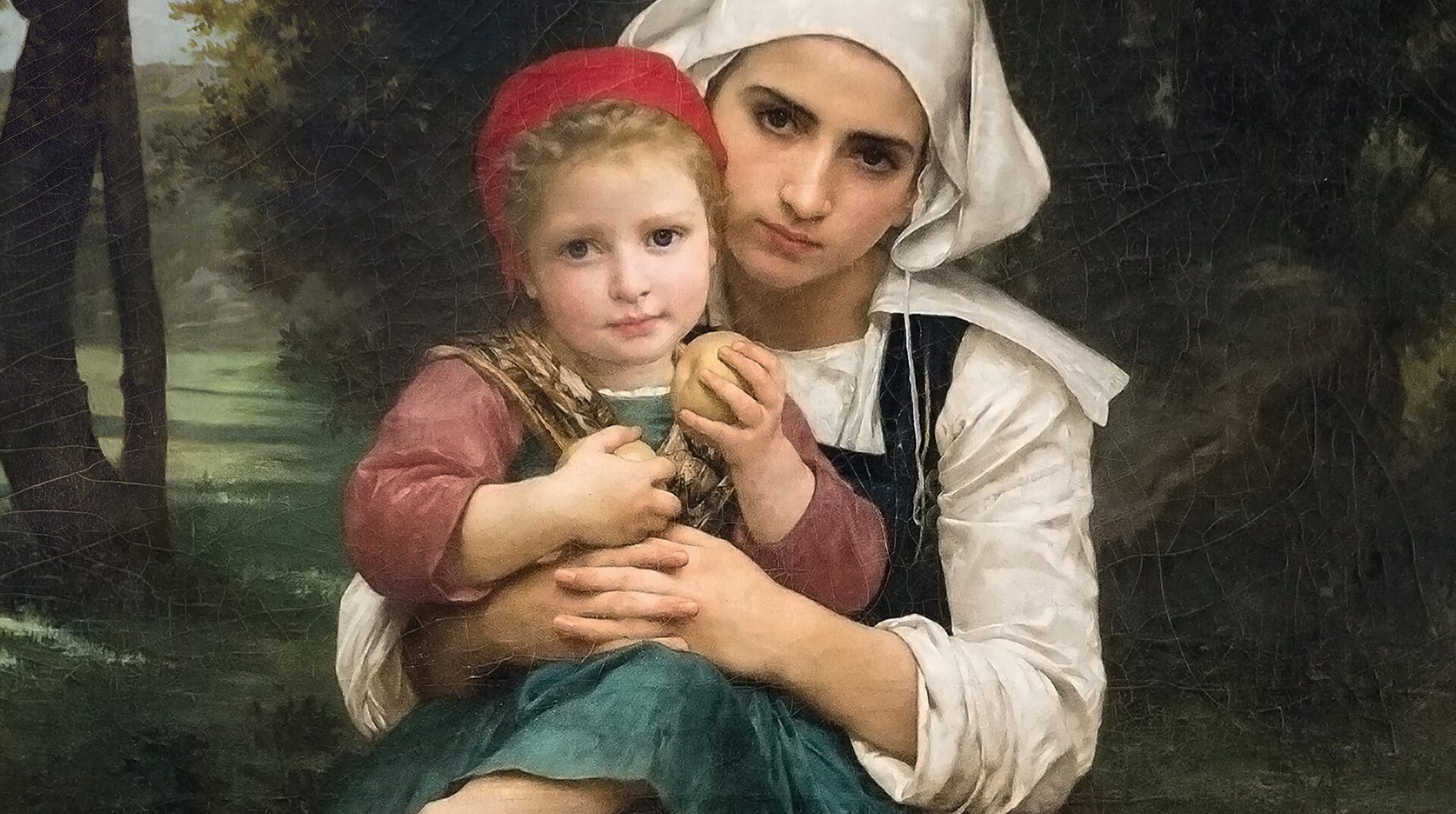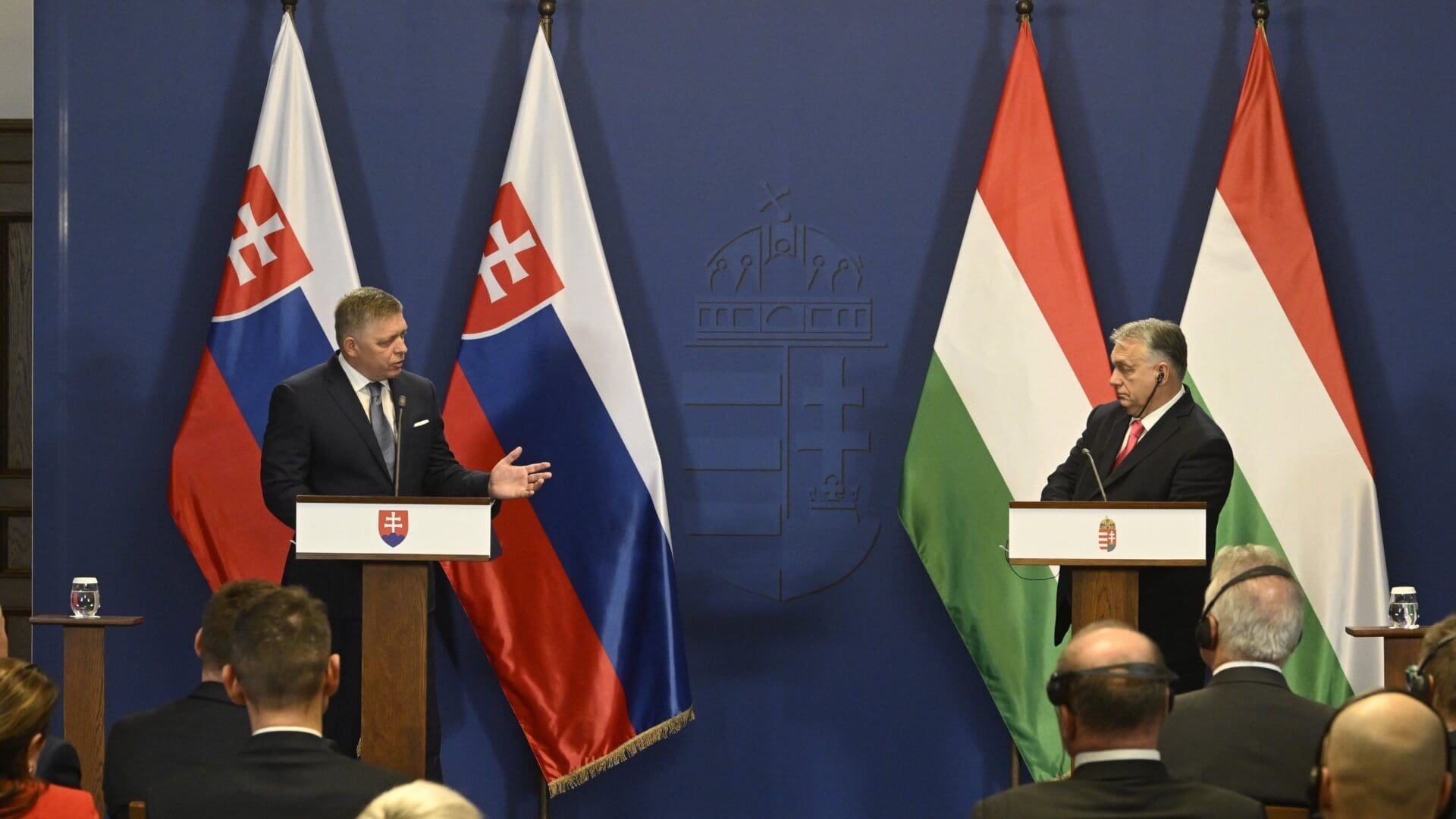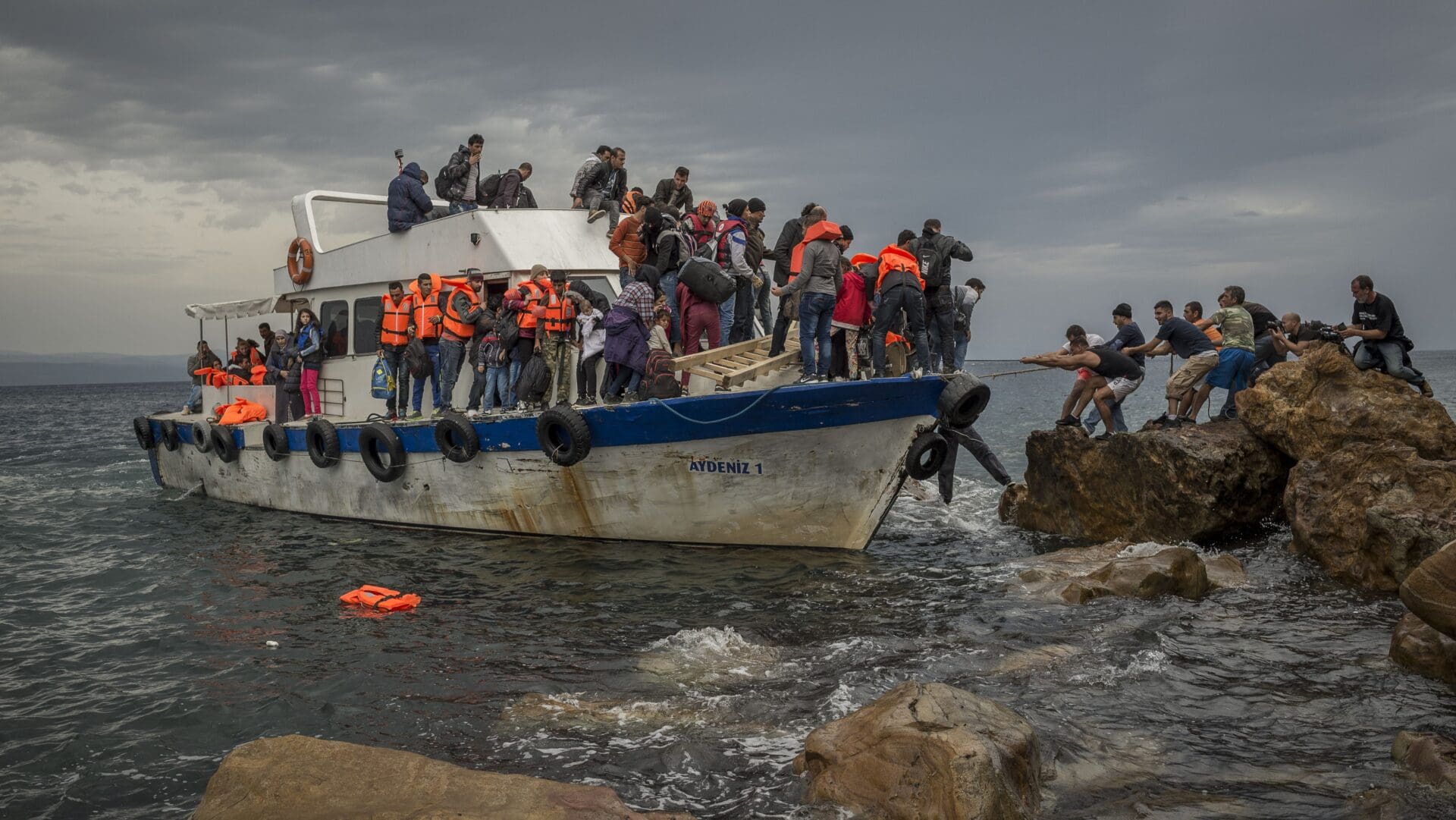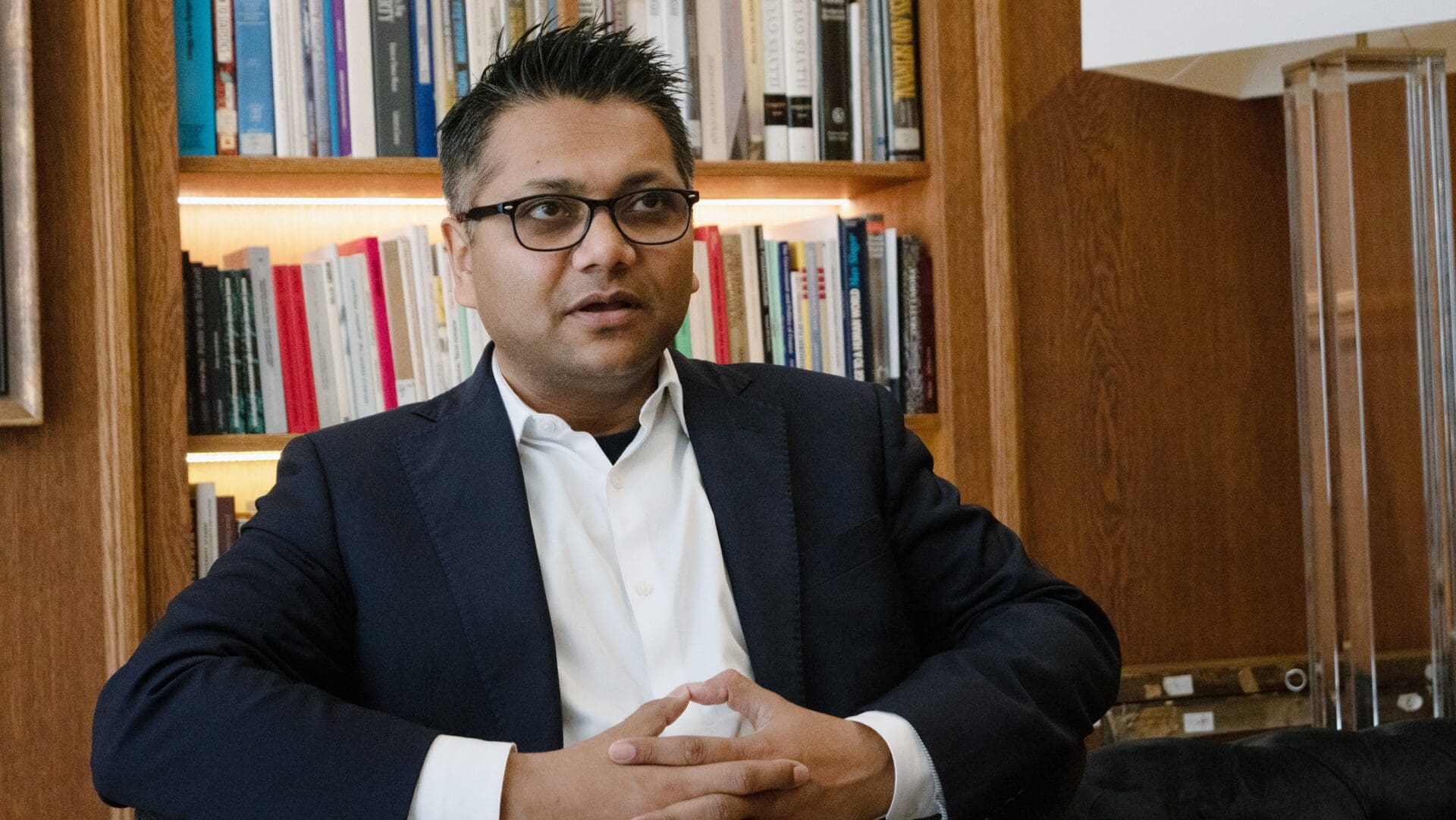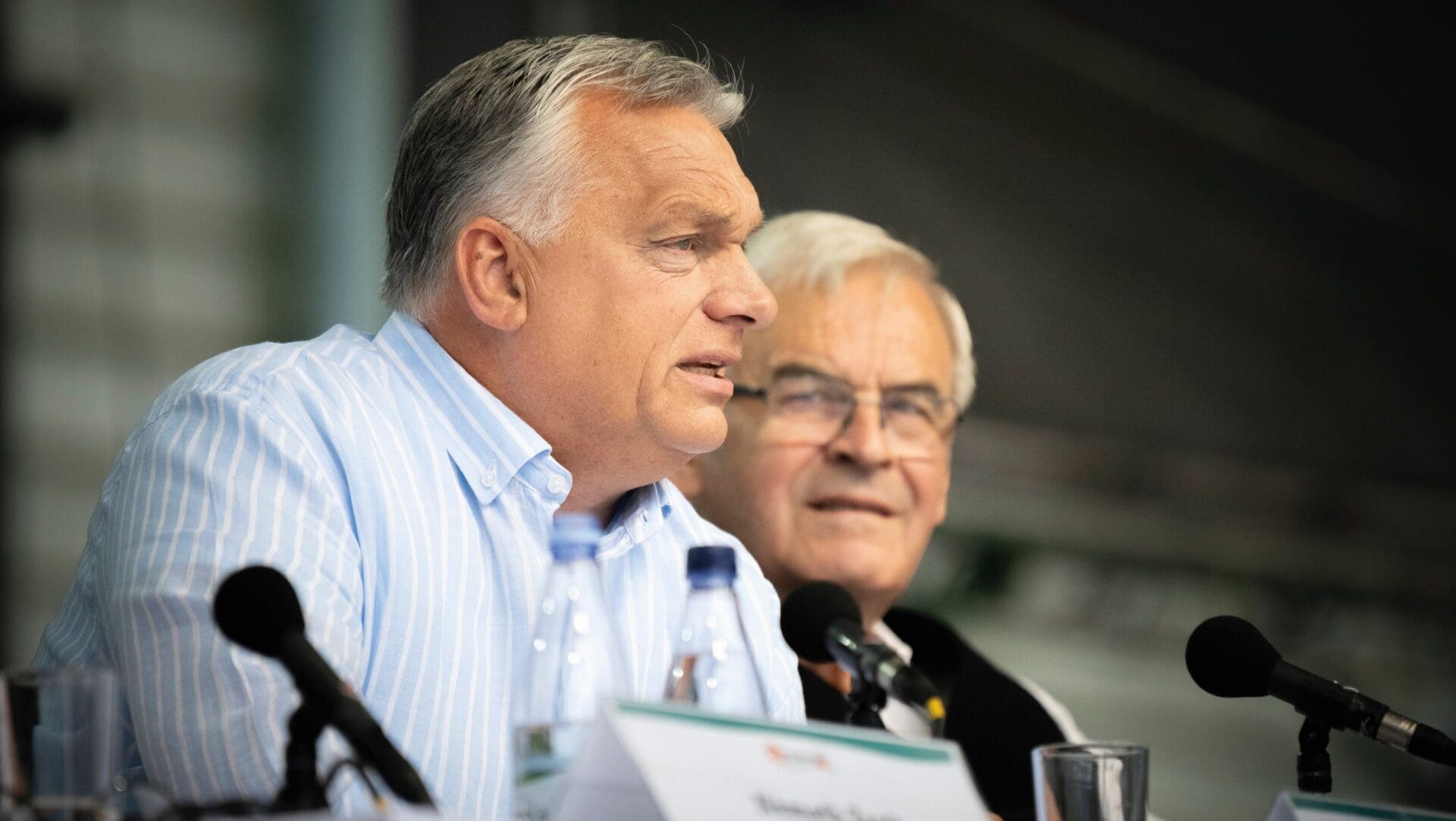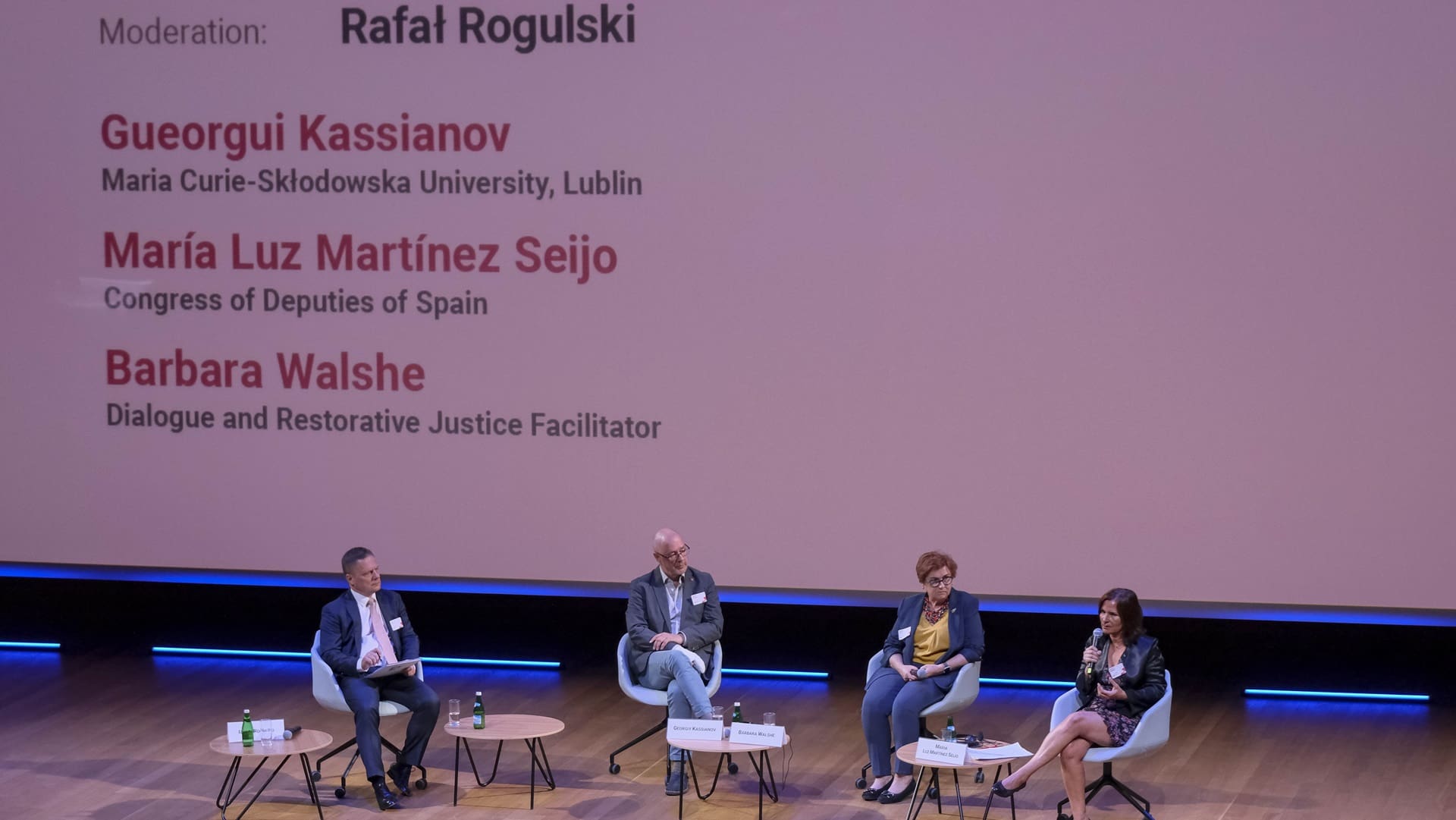
Freedom and the Teaching of History in Focus at the 12th European Remembrance Symposium in Warsaw
Distinguished scholars, museum curators, and educators gathered at the Polish History Museum in Warsaw, Poland for the 12th European Remembrance Symposium organized by the ERNS to talk about ways to preserve history, the way to teach national history to the next generation, if there is a common European historical narrative, and what it means to be free in Europe in this day and age.

